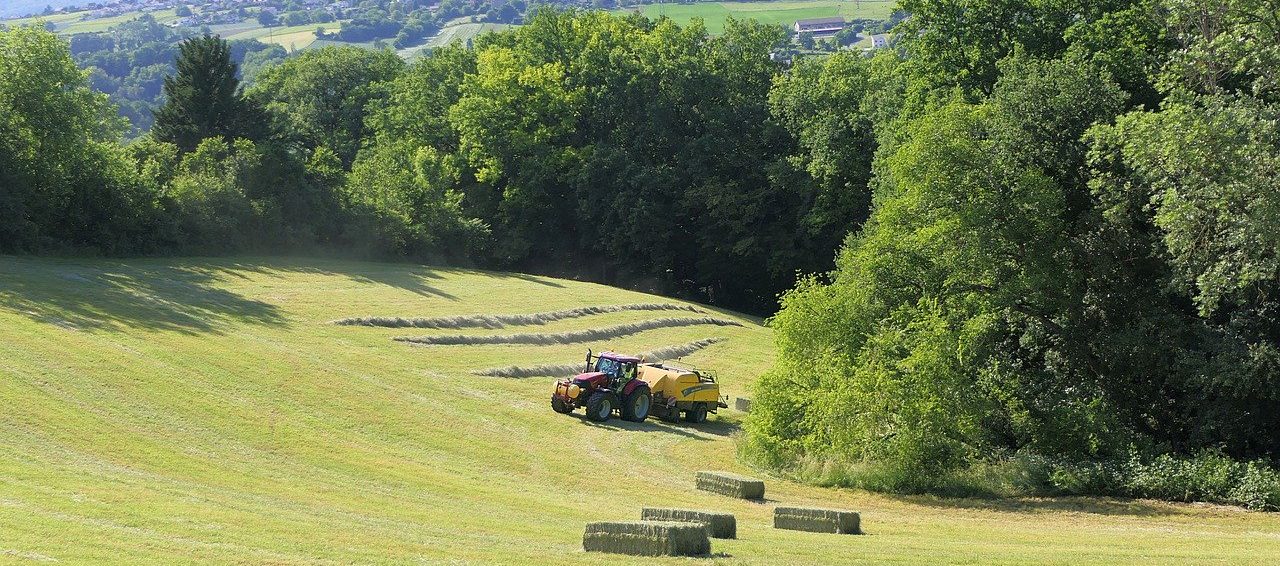By Neil Adams
Agricultural workers are less likely to have had their work disrupted than employees in other sectors but this doesn’t mean they are immune from the challenges that Covid is bringing. In particular partners, children and their wider family may be vulnerable to the repercussions of the disease. If, as the employer, you tailor your responses to these challenges in a sympathetic way this will expand the goodwill your employees show to you. Being flexible around working routines and practices need not lead to lower productivity and being open to new ideas can unlock potential improvements in the way work routines are carried out and managed.
You’ve probably focussed as best as you can to ensure you, your families and your workers safety needs are met and biosecurity measures are in place to keep the virus away. However, the longer this goes on the more we see needs evolving. Even in a small business the impact on a worker can be significant. They may have elderly parents who are struggling to cope, children at home who are restricted from socialising and partners who can’t work in their chosen occupation.
We know that by focussing on your labour productivity, you can bring big benefits to your business and it is a major driver of profitability. Our research shows a threefold difference in labour productivity between the top and bottom quartile farms. Labour efficiency ranges from 150 litres per hour worked on the least productive to over 450 litres/hour on the most productive farms. This difference is worth over £50,000 on an average-sized farm, yet labour productivity is the least understood, least talked about and least developed part of farm management. It may also appear to be difficult to approach during the pandemic.
So how can you square a difficult social and home environment for employees with any desire you may have to increase productivity. It may feel like an impossible problem to solve. But is it? Going in your favour is a worker or workers who may be more open than usual to altering their routines to give them more time at home at certain times of the day.
Perhaps now is a good time to consider more flexible ways of working. Focus on goals not hours. Is four hours off during the middle of the day unreasonable? Use structured questions and farmyard forums with the team to explore new possibilities. For example, asking the team how milking time could be reduced by perhaps an hour a day could elicit some really good ideas. It’s also worth focussing on other time sapping activities like feeding, treating illness or observing heats to see if simplification, prevention or automation can make a difference.
Workers definitely expect to be treated fairly. If a worker is extended a lot of time off to deal with domestic challenges leaving other workers with more work and responsibilities this can easily lead to resentment and a breakdown in cooperation within the team. Your job as leader is to recognise the additional effort and to help the person doing the additional hours appreciate the needs of co-workers.
Four focus points
To help employees to thrive and increase productivity through the pandemic and beyond we believe businesses should focus on four areas:
- Continue to meet the need for safety and security. This means more than supplying face masks and disinfectant. It is about truly understanding and appreciating the physical and emotional vulnerabilities of the team. Showing empathy and understanding is the most productive way of finding out what is affecting performance and giving you the information you need to make changes that work in your favour as well as your employees.
- Invest in relationships. We recommend that leaders invest time in developing employee – employee relationships. This has to include family members as well who are working day to day with team members. More than anything this is about enjoyment and celebrating what is going well. Continued focus on things that go wrong (we recognise they do) is one-sided and fosters low morale.
- Create a culture of inclusion. As much as possible involve the team in problem solving, information sharing, and developing solutions. You need to value the input of team members and allow the team to experiment without fear of negative consequences. Don’t expect results to improve if the team don’t have access to the data or means to influence them.
- Connect the team to a bigger purpose. Ever wondered why the business seems so much more important to you than to your staff. Usually its because you are driven and motivated by a clearer purpose. You may be building your dairy farming empire, expanding your fleet or building the retirement dream. Using these examples, it may seem impossible to align your purpose with that of your employees. But it isn’t really, to build the dairy farming empire you probably need fantastic herd performance and more employees as growth occurs. This creates career opportunities with scope for individuals to grow into management positions and to have greater responsibility. Young people in particular have a greater interest and desire to address worldwide concerns like hunger, climate change and habitat destruction. Farms are the perfect environment to do something meaningful and practical to address these problems.
Everyone will be experiencing some degree of disruption and the range of experiences will be very wide. Some positive and others very negative. A diminished sense of community can be especially debilitating over time. Firstly, leaders need to understand who is struggling the most and why. Next they need to identify the best way to support them. This is very much an individualised response. Secondly, go the extra mile to build the farm into a community. Providing the legislation allows it, arrange something social like a BBQ or even a sing-a-long karaoke inspired music festival for your team.








